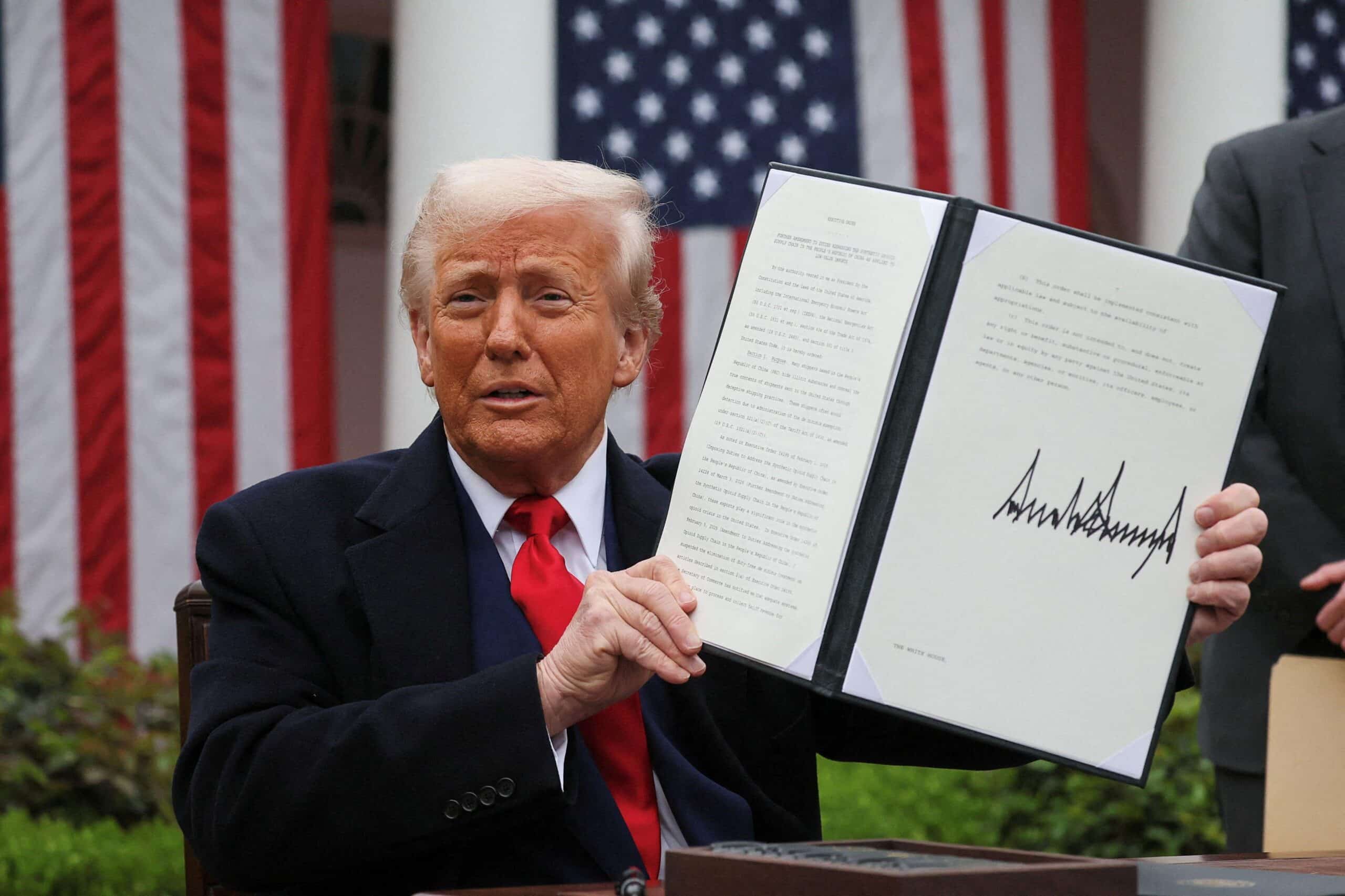Impact of Donald Trump’s Policies on Indian Companies in the US

India faces a significant challenge as the Trump administration intensifies its crackdown on migration, potentially jeopardizing billions of dollars in remittances that support local economies. The proposed taxation on remittances adds another layer of concern for the Indian diaspora in the United States, who rely on these financial transfers to support families back home. With India being the largest recipient of remittances globally, the implications of these changes could be profound, affecting both individual families and the broader economy.
Impact of US Immigration Policies on Indian Remittances
The ongoing changes in US immigration policies pose a serious threat to India’s remittance lifeline. According to a recent report by the Reserve Bank of India (RBI), the United States contributed nearly 28% of the $118.7 billion in remittances received by India in the fiscal year 2023-24, amounting to approximately $32 billion. This financial support is crucial for many Indian families, especially in rural areas where entire communities depend on these funds for their livelihoods. The report highlights a shift in migration patterns, with skilled workers increasingly moving to developed countries, particularly the US, which has seen its share of remittances rise from 23.4% in 2020-21 to 27.7% in the current fiscal year.
The tightening of immigration regulations under the Trump administration has led to increased scrutiny of visa programs, particularly the H-1B visa, which many Indian nationals rely on for employment in the US. This crackdown could lead to a reduction in the number of legal migrants, who typically send a significant portion of their earnings back home. As the US continues to impose stricter immigration controls, the flow of remittances may decline, further impacting India’s economy.
The Proposed Remittance Tax
Adding to the challenges faced by the Indian community in the US, the Trump administration has introduced a proposed remittance tax that would impose a 5% levy on all international money transfers made by non-US citizens. This legislation could burden the Indian diaspora with an additional tax liability of approximately $1.6 billion annually, assuming current remittance levels remain unchanged. The tax would apply to all transfers, regardless of size, affecting various categories of Indian residents, including H-1B and L-1 visa holders, as well as green card holders.
The potential implementation of this tax has raised alarms in India, where experts warn that it could lead to a significant decline in remittance flows. Ajay Srivastava, founder of the Global Trade Research Initiative (GTRI), noted that a 10-15% drop in remittances could result in a shortfall of $12-18 billion for India each year. This decline would have severe implications for the Indian economy, which relies heavily on these financial inflows to support its growth and development.
India-US Relations and Broader Implications
The relationship between India and the US has been complex, particularly concerning immigration issues. Despite their growing partnership aimed at counterbalancing China’s influence, unauthorized immigration remains a contentious topic. India ranks third in terms of unauthorized immigration to the US, and the recent visa restrictions targeting Indian travel agencies involved in facilitating illegal immigration further complicate this relationship.
US corporations have increasingly invested in India, establishing manufacturing facilities and business operations. The contributions of Indian professionals to the American technology sector are significant, with many leading companies being helmed by executives of Indian origin. However, the tightening of immigration policies could hinder the flow of talent between the two nations, ultimately affecting bilateral relations.
The Global Context of Remittances
Globally, remittances exceed $800 billion annually, serving as a vital source of funding for developing nations. These financial transfers are crucial for many countries, including the Philippines and Pakistan, where they constitute a significant portion of the gross domestic product. The decline in remittance access can have dire consequences, as seen in Pakistan, which experienced a 15% reduction in remittances from 2021 to 2023 due to unfavorable exchange rates and political instability.
As countries like India navigate these challenges, the potential impact of US immigration policies and proposed taxation on remittances will be closely monitored. The situation underscores the interconnectedness of global economies and the critical role that remittances play in sustaining livelihoods and fostering economic stability in developing nations.
Observer Voice is the one stop site for National, International news, Sports, Editor’s Choice, Art/culture contents, Quotes and much more. We also cover historical contents. Historical contents includes World History, Indian History, and what happened today. The website also covers Entertainment across the India and World.
Follow Us on Twitter, Instagram, Facebook, & LinkedIn

